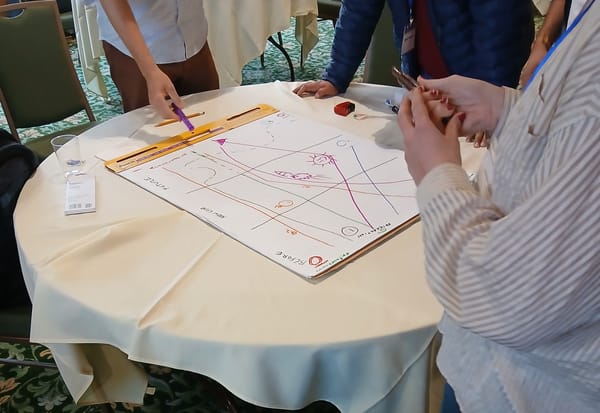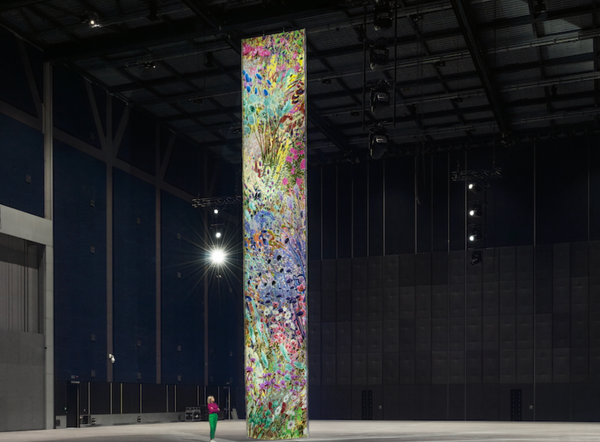Public libraries
Free public spaces, punctuation visualization, and open access digital libraries.
Spare me a few moments to express how deeply I love public libraries.
Can you think of any places you can go where absolutely nothing is expected from you? And nearly everything is free?
Arguably, there are only two: public parks and libraries. But even parks (at least in the US) can charge entrance fees some places.
In a culture constantly demanding our attention, where capitalism has infused nearly all public spaces with a hidden agenda (buy this! look at this advertisement! browse over here!), libraries are a haven. They are a public good. You don’t even need a library card to make use of them (although having one opens up doors to other worlds; and they are also free!).
At my library, here are a list of things you can get, absolutely free, with a library card:
- printing (up to $3.00 a day)
- board games
- wifi
- chromebooks
- a birding kit (!!!)
- telescope
- guitars, ukeleles, etc.
- Chromebooks
- cultural passes
- and books
And that is to say nothing of the vast digital library you can access through apps like Hoopla, Kanopy, Overdrive, and Libby.
Yesterday, I attended a solo violin concert at my local library (re: free!) by world renowned violinist Joshua Peckins. Afterwards, I returned my most recent checkout at the front desk, aptly titled The Library Book by Susan Orlean (a riveting historical read of libraries in the US, and also the mysterious arson that destroyed the LA library in 1986). On my way home, I picked up a few books that looked interesting in a Free Little Library, it’s own wonderful DIY interpretation of the function of libraries.
Libraries are magic.
Last week, while riding the high of my library fascination, I coded up a little addition to my new website. I added a digital bookshelf to, in real-time, track everything I am reading (and have-read, and want-to-read).
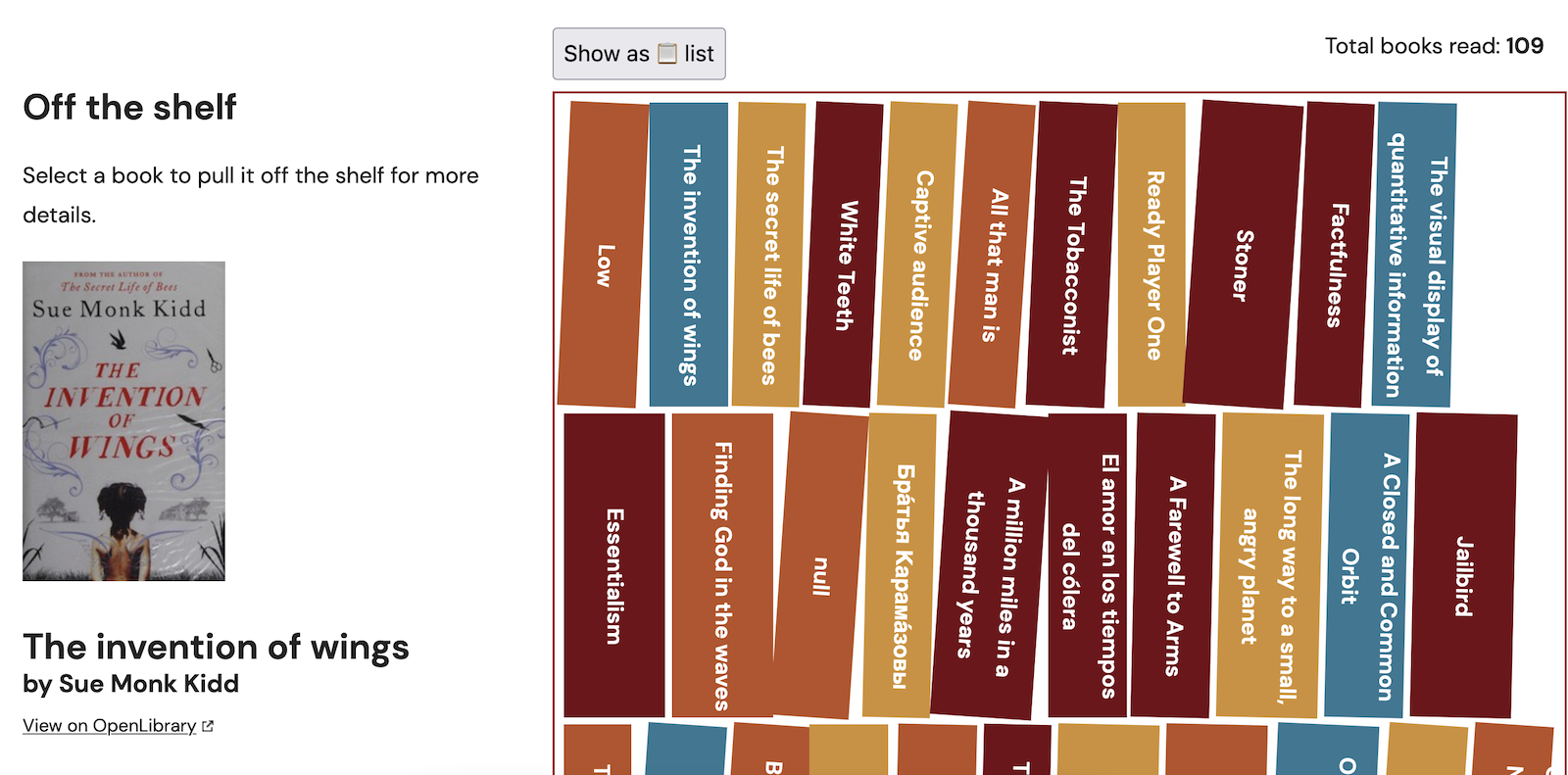
I also wrote a new post in my digital garden about the inspiration behind the personal bookshelf. I use my library so much that I do not own many books. This is my way to collect them, remember, and reflect.
If you like this idea, and you want to have a personal digital bookshelf too, I wrote a mini code tutorial just for you: How to create a personal digital bookshelf with OpenLibrary. I love seeing what other people read. Books are the best conversation starters. Hope this helps spawn more digital shelves on the web.
- Ben
Something to read
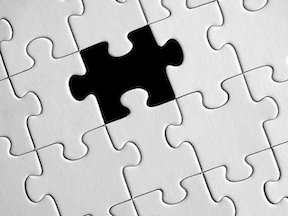
Finding hope in a haystack
It is fitting for this issue that I share an article written by a librarian, stumbled upon while perusing Twitter last week (h/t Jer Thorp). Actually, it’s not an article. It’s a sermon. About data.
There are some beautiful analogies made here, and a few quotes worth turning over. Specifically, I’ve been chewing on this section relating our faith in data to faith in God. Some part of me sees the beauty in this, while another part of me sees it as a byproduct of techno-optimism. Worth reading for yourself to decide:
“And data as a great hope starts to sound an awful lot like what we think of as religious faith. It holds in our minds and in our hearts this unfettered sense, this belief, that somehow, someway, somewhere within it is the key. The solution. The answer. To everything. If we can only write the right algorithm, if we can only spot the trends, the patterns, then what we once didn’t know, well, now we will. It harkens right back to its Latin origins that data is something out there already – just like God – something given, something true. We just have to see it and recognize it. The truth that is already there.”
Check this out
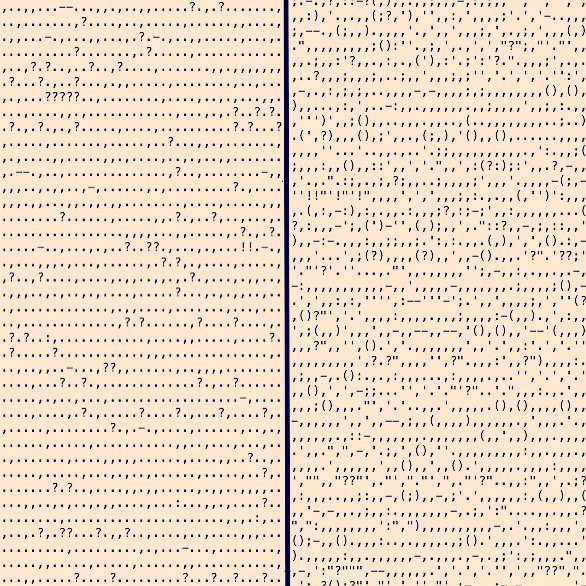
Punctuation in novels
Adam Calhoun conducted a text analysis of some of his favorite texts to answer a simple question: what do my favorite books look like without the words? The result is fascinating. Although what we read is certainly about words, it’s also about rhythm, pacing, and emotion. All of which are dictated by punctuation. My favorite part of the analysis is the small multiple heatmaps at the end visualizing the word-to-punctuation ratio for nine novels. Interesting patterns emerge!
Useful tool
_ _
.-. | | |
|M|_|A|N|
|A|a|.|.|<\
|T|r| | | \\
|H|t|M|Z| \\ "Bookshelf" by
| |!| | | \> David S. Issel
""""""""""""""""""In order to create my personal bookshelf, I needed to migrate my book tracking service from Goodreads to OpenLibrary. I wrote about why I did this in my initial garden post, but it’s worth including this site as it’s own valuable resource for people who work with data.
OpenLibrary is operated by the Internet Archive, “a non-profit library of millions of free books, movies, software, music, websites, and more.” The goal of OpenLibrary is to create a web page for every single book in existence. And everything is free.
This is the digital equivalent of our beloved brick-and-mortar, physical libraries. But even more so, OpenLibrary has made it incredibly easy to access their treasure trove of data. Almost every page on OpenLibrary is accessible via API by simply adding `.json` to the end of the address. For developers and data scientists, that means easy access to millions of records of metadata for books, which helps move open source software forward.
You can get familiar with how it works by following my latest tutorial or browsing the OpenLibrary API docs examples.


